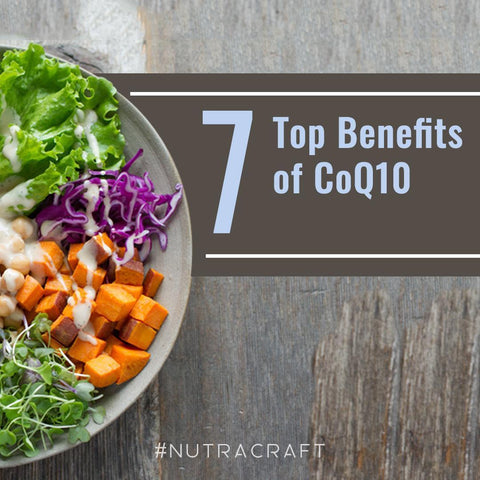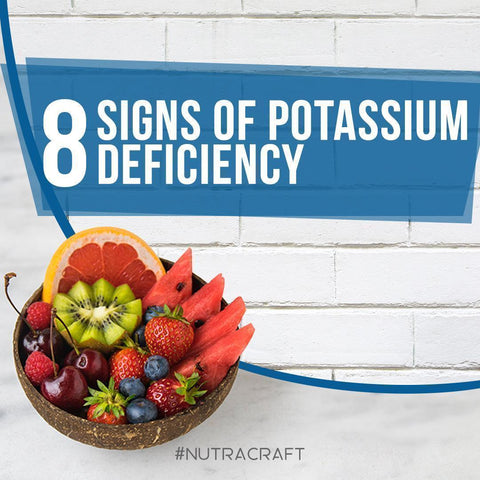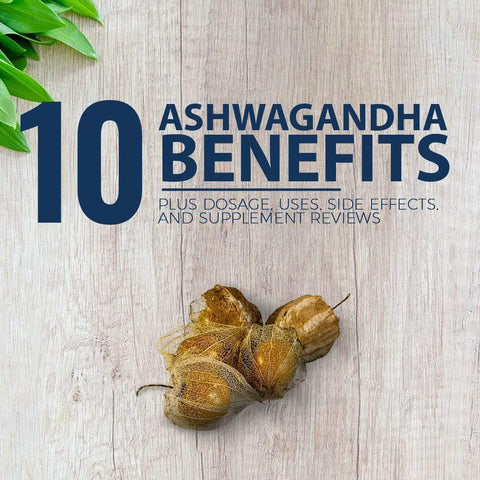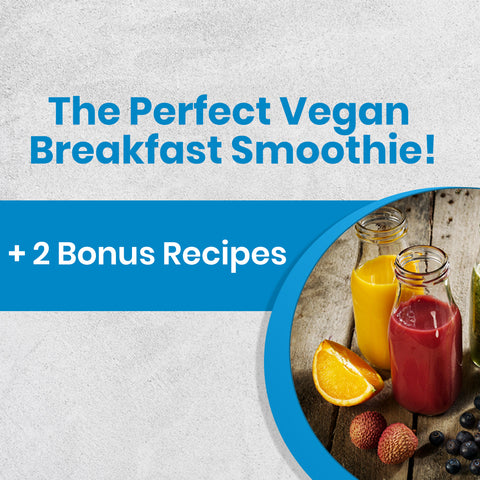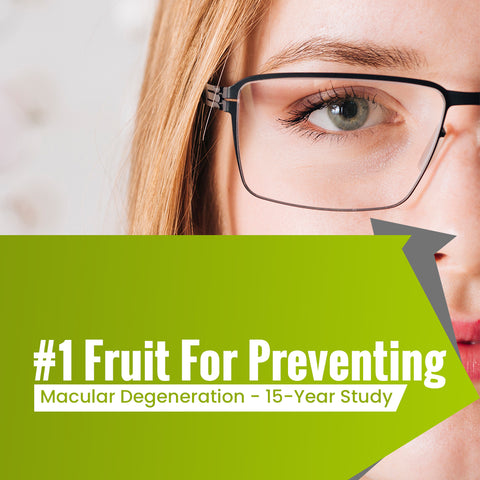
If you think that what you eat doesn’t affect your health - including your eye health - then you need to rethink your beliefs!
There is a lot of research on the connection between eye health and nutrition.
Your eyes are organs and are susceptible to damage just like other organs. If your diet is unhealthy, your eyes will suffer damage and then you won’t see as well.
Important Eye Study
In 2018, The American Journal of Clinical Nutrition released a 15-year study involving over 2,000 middle aged and older adults. Researchers interviewed the participants to find what they’re eating habits were - specifically how much oranges they ate.
It was found that people who ate at least one serving of oranges every day had more than a 60% reduced risk of developing late macular degeneration after 15 years since the start of the study 9.
Even eating one orange a week was found to have some benefit by the researchers.
Do Oranges Really Help Eyesight?
This 15-year study gives researchers a good clue on the connection between nutrition and eye health and that oranges are probably good for our eyes.
Epidemiological studies like the one above act as good clues. They make correlations. To be sure that the correlation is accurate, researchers need to identify the biological ways that oranges help eye tissue.
And luckily, we already have plenty of clues as to why oranges would protect healthy eyesight: we know the antioxidants in healthy foods like these protect the eye from damage and can actually be stored in the eye.
What’s In Oranges That Protect Your Eyes?
So we know that antioxidants are great for your eyes. Now, what antioxidants are in oranges that could be responsible for their eye-protecting effects?
Vitamin C
Oranges are high in vitamin C and this vitamin is one of the dietary factors correlated with lower risk of developing cataracts [2]. Vitamin C is an important antioxidant in our bodies and we need to get it from food because our bodies don’t create it by themselves.
Vitamin C also helps create collagen, which, believe it or not, is needed in your eyes and not just in your skin!
Quercetin
Quercetin is a powerful antioxidant that fights both oxidative stress and glycation that can damage the eyes.
Researchers say that quercetin “could reduce the risk of cataract formation” because of its antioxidant and anti-glycation effects 3. Quercetin helps eye cells survive and reduces the dangerous pressure in eyeballs that can damage ocular nerves 4.
Zinc
Zinc is a mineral and it’s needed by your eyes to make their own powerful protective antioxidant called superoxide dismutase 5,6.
Other Flavonoid Antioxidants
Other antioxidants like zeaxanthin and lutein are powerful in protecting the eyes 7,8. These antioxidants are famous for being used to supplements that protect eyes and purport to improve vision. But you can just as easily get lutein and zeaxanthin are in oranges and other fruits and veggies.
Oranges ARE Good!
Considering all that we know about the healthy ingredients in oranges, it’s safe to say that oranges are good for your eye health. The same goes for many antioxidant-rich fruits and veggies!
So if you want healthy eyes, eat healthy, unprocessed veggies and fruits.





